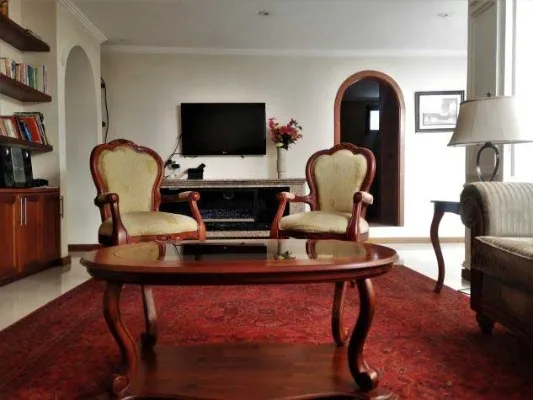Correa launches social media attack on British and French newspapers for what he claims is unfair coverage; some say he may have a point
President Rafael Correa is accusing major European newspapers of spreading lies about his government’s handling of recent indigenous protests and says many of the articles were written by reporters who were not in Ecuador to personally witness the protests.

President Rafael Correa
Correa’s targets are the French Le Monde and the British Guardian and Economist, all of which emphasized injuries suffered by protesters at the hands of police during protests three weeks ago.
“I am forced to react to this campaign to discredit our country,” Correa said. The emphasis in the European press was of “brutal repression” by the police, he said when, in fact, the police were the ones who suffered the most injuries and were subjected to brutality.
Correa also said that the foreign media failed to mention that most of the protests around the country were peaceful and involved no violence on the part of either protesters or police.
“Show some professional responsibility in the reporting as well as some decency,” Correa said. “At least have reporters on the ground in Ecuador and do some research, make some phone calls,” he added. “What they are doing is writing articles from their desks in Europe.”
Correa also criticized what he calls the European press’ “misrepresenting” Ecuador’s media law that impose penalties on print and broadcast media for what it considers inaccurate or inappropriate reporting. He said that those who claim that the Ecuadorian media is “muzzled” have not read the law and are unfamiliar with its enforcement.
Correa said he would continue defending the government from his Twitter and Facebook accounts. “I will not stop until they stop spreading lies,” he said.
According to a member of a U.S. media watchdog group, Correa makes some valid points. “While I agree that there is a serious problem with freedom of press in Ecuador, there has also been some sloppy reporting about the recent protests and other issues in Ecuador,” said Stephen Stansberry, a former U.S. journalist studying press issues in Ecuador.
“It is a fact that the many international newspapers did not have reporters in Ecuador to cover the protests and were using other sources for the basis of their reporting,” Stansberry. “I saw almost no reporting of the fact that the protests were much smaller than what the opposition predicted yet I saw numerous claims that Ecuador was in a state of anarchy, which was not true.”
Stansberry said that opposition leaders claimed that hundreds of thousands would mass in Quito to protest government policies. “In fact, the total was 10,000 to 15,000 and, as far as I know, not a single foreign newspaper pointed this out,” he said. “Instead, I was reading that the country was in a state of permanent paralysis yet, for those of his who were here, life returned very quickly to normal.”
Stansberry says that while much of the criticism of government controls of the press is justified, he said he finds the focus on Ecuador disproportionate. “The situation is far worse in countries like Colombia and Mexico where dozens of journalists are murdered every year, yet I see relatively little news coverage of this. In terms of censorship, look at almost any country in the middle east or southeast Asia, and at Russia and China, and you will find far worse situations.”



















